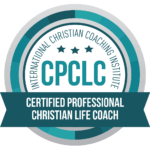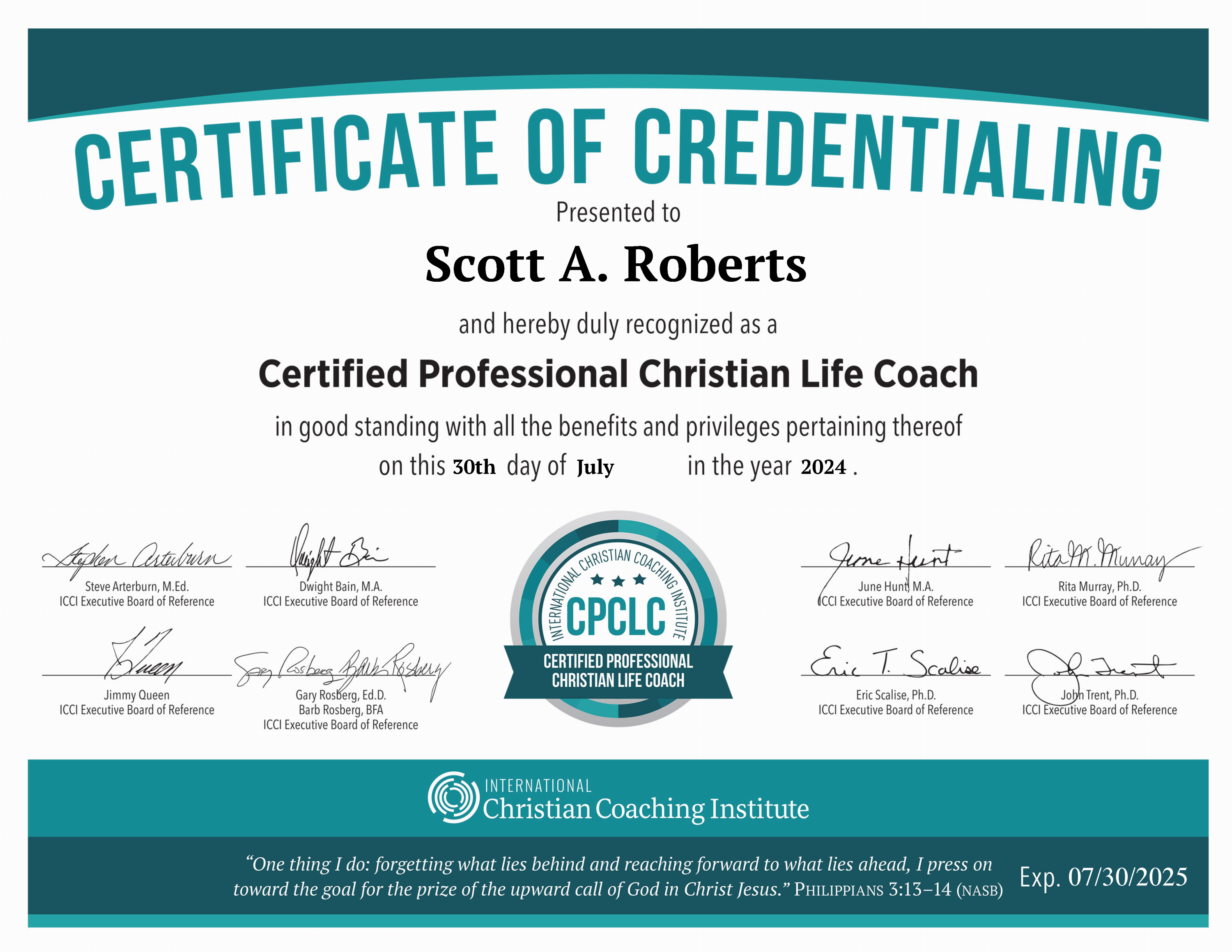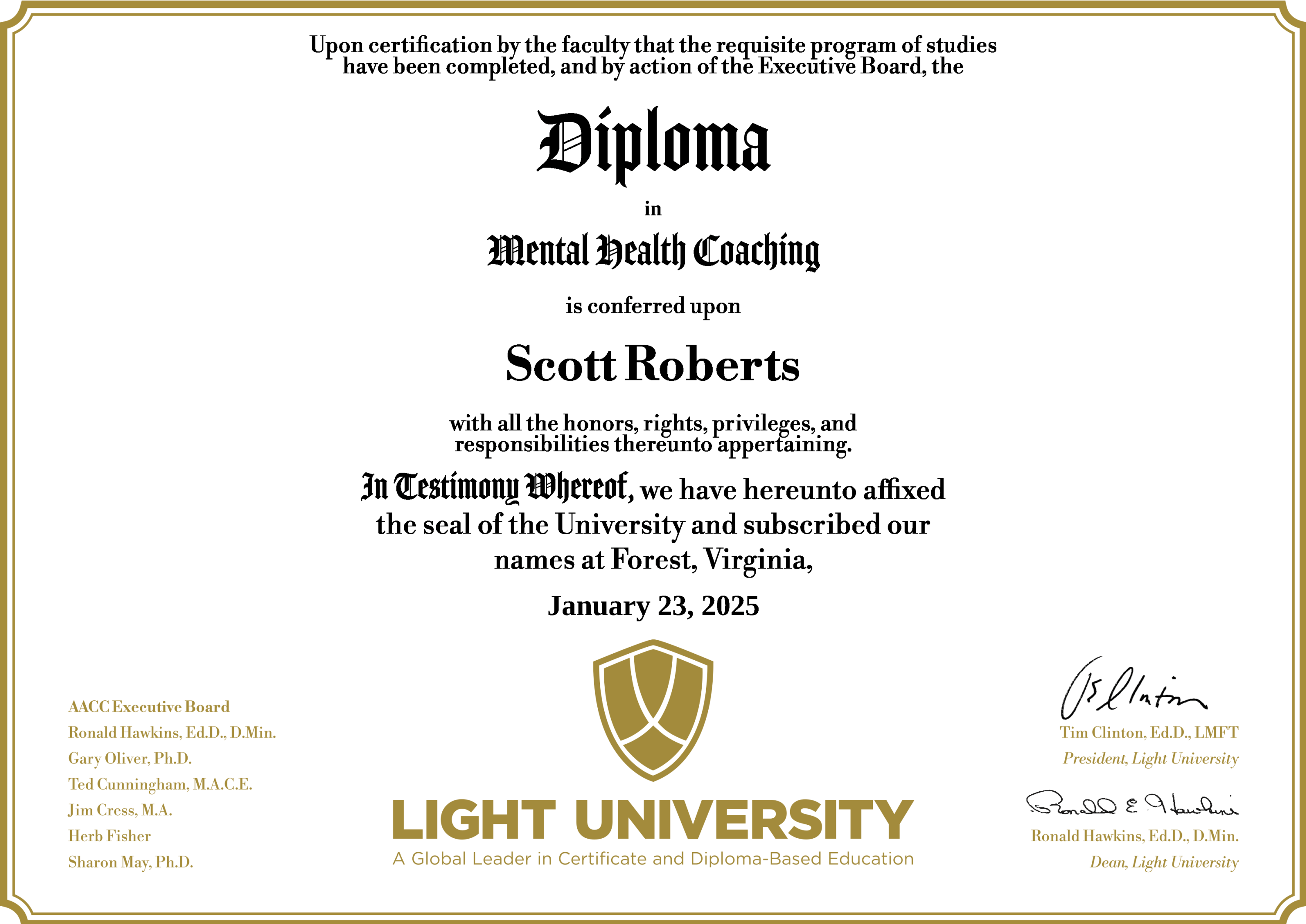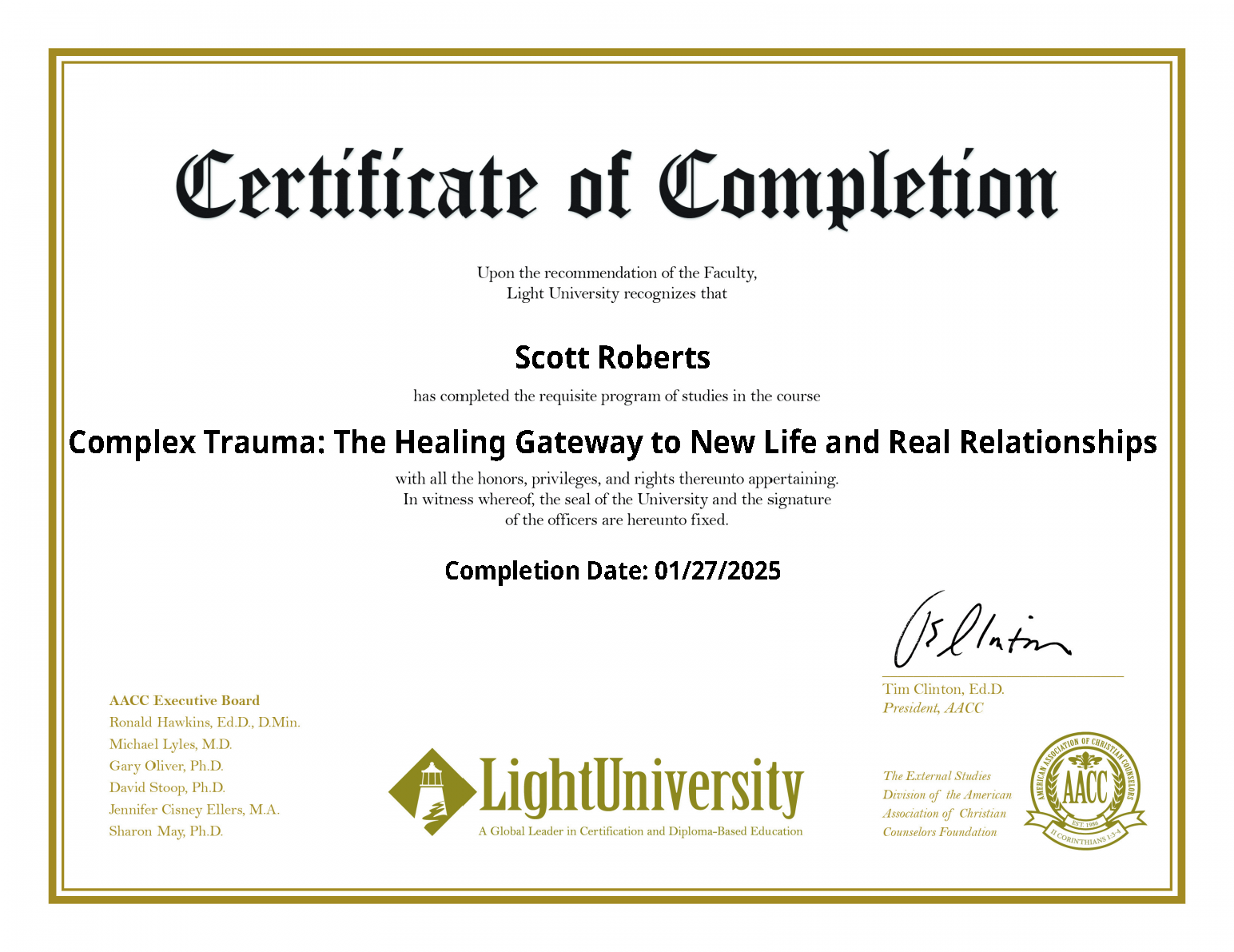
Are you a busy professional, entrepreneur, student, or simply someone striving for personal growth? Do you often find yourself overwhelmed, struggling to keep up with the demands of daily life? It's Monday, September 22, 2025, and as another week begins, it's the perfect time to introduce a simple yet powerful habit that can transform your life: reflecting on your day before bed. This week, we're diving into Tweak #19: Write down what worked and what didn’t. This practice, involving a nightly end-of-day review, isn't just about jotting down notes; it's about cultivating self-awareness, fostering personal growth, and enhancing your overall well-being.
Imagine drifting off to sleep with a clear mind, knowing you've processed the day's events and set intentions for tomorrow. This is the power of nightly journaling and self-assessment. Let's explore how this simple tweak can make a significant difference.
1. Importance of Daily Reflection
Daily reflection is more than just a feel-good exercise; it's a strategic tool for personal and professional advancement. It provides much-needed clarity and insight into your thoughts, emotions, and actions.
- Clarity and Insight: Reflecting on your daily experiences allows you to dissect complex situations and understand the underlying emotions driving your behavior. By taking a step back and analyzing your day, you gain a clearer perspective on what truly matters.
- Learning from Experience: Identifying what worked well and what didn’t is crucial for continuous improvement. Did a particular strategy boost your productivity? Did a certain interaction lead to conflict? By recognizing these patterns, you can refine your approach and make better decisions moving forward. According to recent statistics, only 7% of workers feel productive at their workplace, while 48% report being productive less than 75% of the time. A daily reflection practice can help address these productivity gaps by identifying and addressing performance barriers. [6]
2. Benefits of Reflecting Before Bed
The benefits of incorporating nightly reflection into your evening routine extend far beyond simple self-awareness. This practice can positively impact your sleep quality, goal alignment, and overall well-being.
- Enhanced Sleep Quality: Processing your thoughts and emotions before bed can significantly reduce anxiety and promote restful sleep. When you take the time to unpack your day, you're less likely to ruminate on unresolved issues as you try to fall asleep. A groundbreaking study using overnight polysomnography found that participants who wrote to-do lists at bedtime fell asleep significantly faster than those who journaled about completed activities. [2]
- Goal Alignment: Nightly reflection helps keep your long-term goals in focus by evaluating your daily progress. By assessing whether your actions aligned with your objectives, you can make necessary adjustments and stay on track. This is particularly important for entrepreneurs and business owners who need to maintain a clear vision amidst daily challenges. Kenneth Chenault, former CEO of American Express, includes writing down three specific accomplishments he wants to achieve the next day as part of his evening routine, combining reflection on daily progress with intention-setting for future performance. [30]
3. How to Effectively Reflect on Your Day
Making reflection a consistent part of your evening routine requires a structured approach. Here are some practical tips to help you get started:
- Set Aside Time: Dedicate a specific time each evening for reflection – ideally during a quiet moment when distractions are minimal. This could be 15-30 minutes before bed, after dinner, or whenever you find you have a moment of peace.
- Use a Journal or Planner: Maintain a dedicated journal or planner where you write down your reflections regularly. This could be a physical notebook or a digital document – whatever works best for you. The key is to have a consistent place to record your thoughts and track your progress.
4. Techniques for Effective Reflection
To make the most of your reflection time, consider incorporating these techniques:
- Guided Questions:Use prompts to stimulate thoughtful reflection. Some examples include:
- What did I accomplish today?
- What challenges did I face?
- What did I learn today?
- What am I grateful for?
- What could I have done differently?
- Gratitude Practice: Incorporate gratitude into your reflections by noting things you are thankful for that day. This could be anything from a kind gesture from a colleague to a beautiful sunset. Research demonstrates that gratitude interventions produce measurable improvements in mental health, with participants experiencing greater feelings of gratitude, better mental health outcomes, and fewer symptoms of anxiety and depression. [15]
5. Overcoming Barriers to Reflection
It's common to face challenges when trying to establish a new routine. Here are some ways to overcome common barriers to reflection:
- Busy Lifestyles: Even a brief 5-minute reflection session can produce meaningful benefits. The key is to start small and gradually increase the duration as you become more comfortable with the practice.
- Fatigue: If you're too tired to write, try recording a voice memo or simply thinking through the guided questions in your head.
- Difficulty Articulating Thoughts: Don't worry about writing perfectly. The goal is to capture your thoughts and emotions as honestly as possible. Even fragmented sentences and bullet points are perfectly acceptable. For individuals with ADHD, structured routines act as external scaffolding for internal systems that may be unreliable, providing predictability that ADHD brains require for optimal functioning. [11]
6. Tracking Progress
Regularly assess your reflections over time, noting patterns in your successes and areas needing improvement. This will help you identify trends and make informed decisions about your personal and professional development. Digital journaling has unlocked new possibilities, making reflection more accessible, secure, and insightful than ever before. [23] The latest wave of AI-powered applications is transforming traditional reflection practices by offering personalized guidance that adapts to individual growth journeys and provides pattern recognition across emotional and behavioral trends over time.
7. Celebrate Small Wins
Recognizing small accomplishments along the way is essential for building momentum. Celebrate your progress, no matter how small, and acknowledge the positive impact of your reflection practice. This positive reinforcement will help you stay motivated and committed to your goals.
Conclusion
Incorporating nightly reflection into your evening routine is a powerful way to promote personal development, achieve your goals, and enhance your overall well-being. By taking the time to reflect on your day, you gain valuable insights, improve your sleep quality, and stay aligned with your long-term objectives.
Don't let another day go by without harnessing the power of reflection. Make Tweak #19 an integral part of your evening routine and experience the transformative benefits for yourself.
Ready to get started? Here's your call to action:
- Set aside 15 minutes tonight for reflection.
- Grab a journal or open a document on your computer.
- Answer the guided questions provided in this blog post.
- Celebrate your commitment to personal growth!
Resources for Further Reading & Apps:
Books:
- The Miracle Morning by Hal Elrod – Focuses on morning routines but emphasizes overall daily habits, including nighttime routines.
- Why We Sleep by Matthew Walker – Provides insights into the science behind sleep and its critical role in our health.
- The Artist's Way by Julia Cameron – A guide that includes exercises like journaling, which fosters creativity through self-reflection.
Articles:
- 25 Nightly Journal Prompts To Reflect Before Bed – Offers practical prompts that encourage reflective journaling at night.
- 18 Journal Prompts for Reflecting on the End of the Day – Provides additional prompts tailored specifically for end-of-day reflection activities.
Apps:
- Day One Journal: A versatile journaling app that allows users to reflect conveniently with text entries, photos, and audio recordings.
- Reflectly: An AI-driven journal app designed with guided questions that help users reflect meaningfully on their days while tracking moods over time.
- Headspace or Calm: Mindfulness apps offering guided meditations focused on relaxation techniques before bedtime which complement reflective practices effectively!
Remember, the journey to personal growth is a marathon, not a sprint. Embrace the power of nightly reflection and unlock your full potential!
Sources and References
[1]https://www.nfp.co.uk/media/insights/personal-and-professional-growth-how-to-turn-2024-reflection-into-2025-development/
[2]https://pmc.ncbi.nlm.nih.gov/articles/PMC5758411/
[3]https://pubmed.ncbi.nlm.nih.gov/20431417/
[4]https://www.mindsera.com/articles/benefits-of-journaling-the-science-of-reflection
[5]https://amerisleep.com/blog/benefits-of-journaling-before-bed/
[6]https://electroiq.com/stats/productivity-in-the-workplace-statistics/
[7]https://positivepsychology.com/benefits-of-journaling/
[8]https://resources.healthgrades.com/right-care/sleep-disorders/journaling-before-bed-can-help-ward-off-sleeplessness
[9]https://empmonitor.com/blog/productive-work-habits/
[10]https://pmc.ncbi.nlm.nih.gov/articles/PMC10297599/
[11]https://www.aspiretherapynyc.com/blog/routines-that-work-for-adults-with-adhd
[12]https://www.surveymonkey.com/curiosity/surveymonkey-research-workplace-culture-and-trends/
[13]https://www.skillpointtherapy.com/12-proven-adhd-routines-for-kids-that-work/
[14]https://www.northmetropsych.com/blog/t5dys9yfza4xt4l48zgbrjp5p49cyh
[15]https://pmc.ncbi.nlm.nih.gov/articles/PMC10393216/
[16]https://pmc.ncbi.nlm.nih.gov/articles/PMC11610801/
[17]https://mhealth.jmir.org/2022/9/e40500/
[18]https://www.thepositivepsychologypeople.com/the-benefits-of-gratitude-journaling/
[19]https://www.frontiersin.org/journals/public-health/articles/10.3389/fpubh.2023.1182758/full
[20]https://jamanetwork.com/journals/jamainternalmedicine/fullarticle/2110998
[21]https://www.mind24-7.com/blog/benefits-of-practicing-gratitude-how-gratitude-can-reduce-stress-anxiety-and-depression/
[22]https://pmc.ncbi.nlm.nih.gov/articles/PMC10105495/
[23]https://www.reflection.app/blog/best-journaling-apps
[24]https://www.entrepreneur.com/living/5-nighttime-routines-of-successful-entrepreneurs/239132
[25]https://www.vantagefit.io/en/blog/best-mood-tracker-apps/
[26]https://tech.co/news/8-successful-entrepreneurs-manage-evenings-2016-04
[27]https://www.choosingtherapy.com/best-journal-apps/
[28]https://www.wework.com/ideas/professional-development/nighttime-routines-that-will-make-you-a-successful-innovator
[29]https://www.appypieautomate.ai/blog/best-journaling-apps
[30]https://www.yourdigitalresource.com/post/8-evening-routine-of-successful-entrepreneurs-how-to-stay-ahead-of-the-competition
[31]https://matterapp.com/blog/employee-wellness-challenges
[32]https://pmc.ncbi.nlm.nih.gov/articles/PMC9663290/
[33]https://wellhub.com/en-us/blog/wellness-and-benefits-programs/best-workplace-wellness-programs/
[34]https://www.workhuman.com/blog/employee-wellness-programs/
[35]https://pmc.ncbi.nlm.nih.gov/articles/PMC10314589/
[36]https://www.vantagefit.io/en/blog/companies-with-corporate-wellness-programs/













 Introducing Scott, a Certified Professional Christian Life Coach (CPCLC) and a passionate advocate for life optimization. With his certification, Scott brings a wealth of knowledge and expertise to his role as a guide, helping individuals unlock their fullest potential by applying transformative, faith-based principles.
Introducing Scott, a Certified Professional Christian Life Coach (CPCLC) and a passionate advocate for life optimization. With his certification, Scott brings a wealth of knowledge and expertise to his role as a guide, helping individuals unlock their fullest potential by applying transformative, faith-based principles.




0 Comments